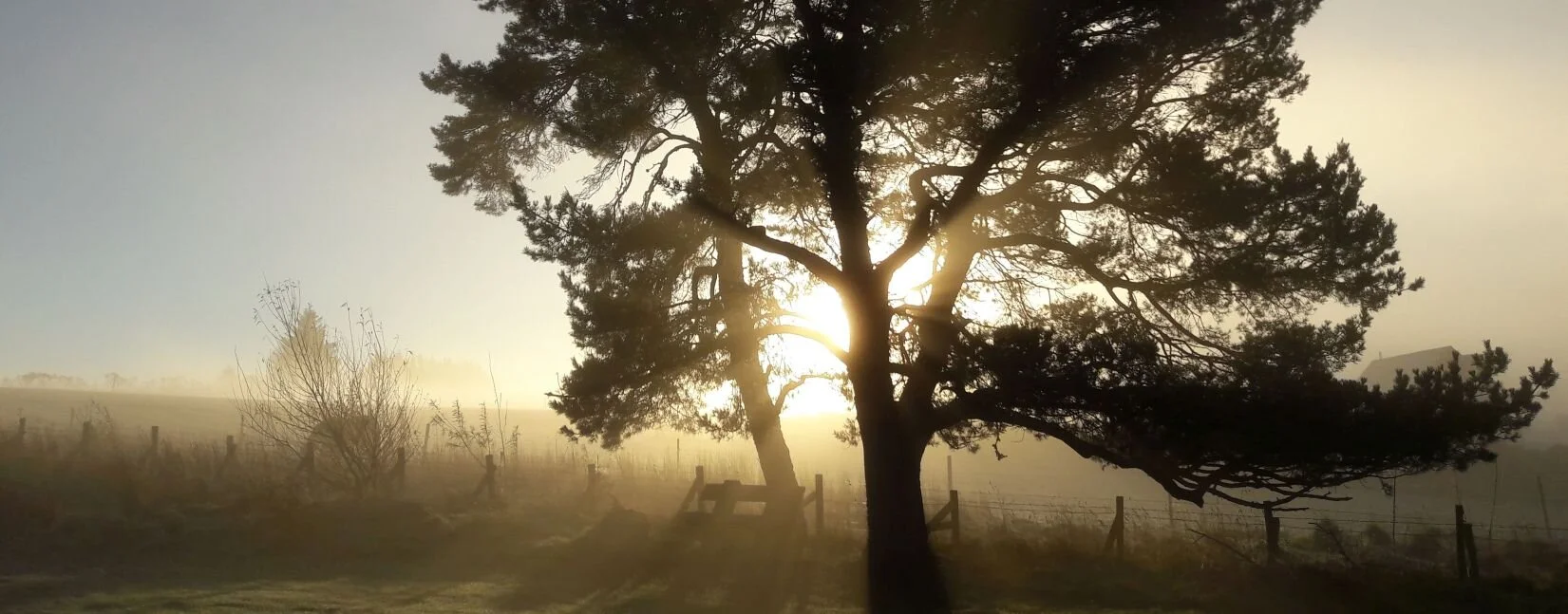You can’t write fantasy and not think about Tolkien. Or at least I can’t. Tolkien is like The Beatles of fantasy fiction: love him or hate him he’s always there, if not influencing you then influencing those who influenced you. You may react against him, or try to recreate the vibes you felt when reading The Lord of the Rings, but it’s difficult to avoid his influence.
One of the things I find fascinating about Tolkein's world building is that it is so ordered. Despite the hugely powerful figures that populate the story of Middle Earth, from its formation through to the events of Lord of the Rings, the history of Middle Earth is just that: history. There appears to be very little in all the songs and stories of the many ages of Middle Earth that is not true. Everything recounted in these tales actually happened; the heroes and villains, the battles and the sorrows, are all historical, not mythical. (The Appendices make this absolutely clear.)
It's fascinating that stories that appear so mythic are actually empirical fact. This empiricism makes for a very ordered world. Middle Earth is rooted in certainties. Nearly everyone has a long and well-documented path. The great powers of Middle Earth – Sauron, the wizards, the elves, etc. – all have clear motivation for their actions, much of it rooted in their racial or personal history. Their actions may be for good or evil, they may want to destroy rather than build, but what drives them is hardly ever in doubt. Everything can be explained.
Compare this with that other great fantasist, HP Lovecraft. His universe is defined by doubt, by randomness, by chaos. In Lovecraft's mythos there are great powers in the cosmos but we can never understand what they are, how they work, or what motivates them. If they are even aware of us, then these Great Beings don’t care about our fate. Their thoughts are unfathomable to humans, and anyone who does manage to gain even a slight glimpse is driven insane or destroyed. In many ways, Lovecraft's universe is the antithesis of Tolkein's: order versus chaos, meaning versus madness, a comprehensible history versus unfathomable scope.
I like to think that the world of Will's adventures is a bit of both: there is a past that everyone is connected to in some way, that frames and pushes each character's actions. Yet there is also another world, another dimension beyond the mundane that cannot be truly known except by those who immerse themselves in it. If these travellers are not careful, looking into the abyss may drive them to the edge of reason.
Sometime in Book 3 - yes, I have plotted it out - we encounter a character who is a synthesis of Tolkein and Lovecraft. I hope I can make it work.
